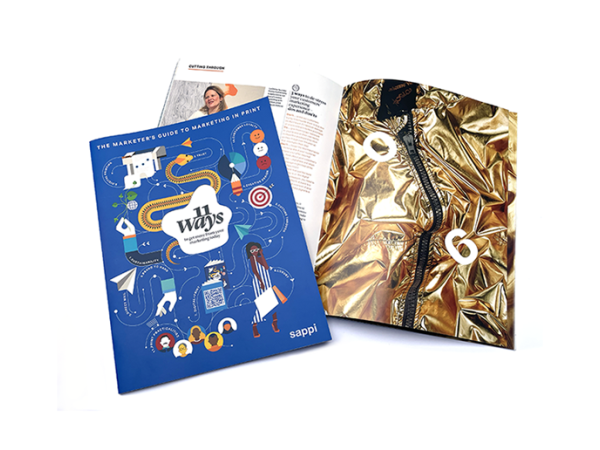How is Hospitality Marketing Changing Amid COVID?
The hospitality industry finds itself in a position like never before: having to convince consumers that their establishment is safe for them to enjoy themselves amid the Coronavirus.

It’s one thing to have to try and sell the value of your offering – it’s another thing entirely to have to promote the safety measures you’ve put in place to entice consumers out of their safe bubble that is home.
In a survey from the Office of National Statistics conducted during mid-July, less than three in 10 adults (27%) said they would be comfortable or very comfortable to eat indoors at a restaurant in the current climate.
In the same week, just one in 10 (10%) of the people surveyed said they had left home to eat or drink at a restaurant, café, bar or pub.
These are worrying figures – but the data suggests that consumer confidence is growing albeit slowly. However, it’s clear that the pre-pandemic marketing strategy is no longer fit for purpose, so it’s a case of back to the drawing board with a new plan of action both for now and when COVID-19 is eventually eradicated.
Creating awareness
As Pamela Carvell, president of the Hotel Marketing Association, points out in her recent blog, hoteliers and restaurateurs need to invest in consumer research now more than ever to gauge the public’s appetite for hospitality services.
She identifies three groups of potential customers:
- The vulnerable - those with underlying health conditions who are most nervous of venturing out
- The cautious - those who acknowledge the need for a ‘new normal’ but want to know about the safety precautions in place
- The gung-ho - those who have had COVID-19 or are not as worried about the consequences as the other two groups
Pamela suggests that marketers should approach the five Ps of marketing - Product, Price, Place, People and Promotion - taking these new personas into account. By running email or direct mail surveys, you’ll be able to learn more about how your customers are feeling and how best to target them with future communications.
Direct mail could come into its own; dropping the information that people want to hear onto their doormat, perhaps alongside an enticing offer or discount.
Given that so many of us are working from home at the moment, with email marketing you might find yourself just adding to the ‘noise’. Direct mail can be both more personal – due to the fact it’s going through the recipient’s letterbox – and less intrusive than email, as it can sit on the side until the recipient has the time or inclination to open it. Whereas an email will sink down the recipient’s inbox like a stone unless it immediately grabs their attention.
Improving flexibility
Flexibility is key right now – and will be moving forward. Understandably, people aren’t wanting to commit to reservations, just in case they or anyone in their party was to go down with the virus.
Having a flexible cancellation policy will go a long way towards covering the perceived risk, giving potential customers the assurance they need to make reservations. Such a policy should be given ample air time as part of any marketing strategy – but it also needs to be backed up or operators could find themselves with a slew of late cancellations on their hands; empty rooms and empty tables are good to no one.
To prevent cancellations from becoming a complete loss, send out promotional material that encourages these people to make another reservation. Remember to inform them of the cancellation policy, and go beyond that by offering additional incentives to re-book.
Final word
Hospitality operators face their toughest challenge yet when it comes to enticing patrons through their doors with many happy to sit at home until the virus is eradicated. However, research shows that they can be tempted out through a combination of incentives, flexibility and reassurance – make sure these are reflected in your marketing strategy immediately.




